Dear brothers and sisters in Christ,
As we celebrate the bicentennial anniversary of the Archdiocese of Cincinnati, we give thanks to our generous God for the many blessings He has bestowed on us and look forward with expectant faith to what is to come.
Much has changed in our archdiocese and in the United States over the past 200 years. For instance, we are an increasingly mobile society, no longer traveling to work or church on foot or horseback. Compared to earlier eras in our country’s history, when waves of European Catholic immigrants faced scorn and discrimination, Catholics have made tremendous progress in educational level, social acceptance, career achievement and affluence. Catholics can now be found in the highest tiers of every profession and public office in this country.
Unfortunately, not all change over the past two centuries has been for the better. American assimilation has brought with it a certain diminishment of distinctive Catholic culture. Religious practice among Catholics, following the overall U.S. trend, is in serious decline. One need only look at the empty pews of an average Sunday Mass to know this. Catholic families are generally not as large as they used to be and fewer parents encourage their children to consider a religious vocation. Here in our own archdiocese, while we have been blessed these past few years with an increase in the number of men ordained to the priesthood and in seminary formation, we have even more in active ministry who are at or beyond retirement age.
Despite these discouragements, our mission – Christ’s great commission to proclaim the Good News of salvation and make disciples of all nations – remains. We are called to be God’s joyful witnesses, to radiate Christ in all we do, so that all people might know, love and follow Jesus through this life and into the next.
As Church, together we always have the responsibility to look ahead and make the best use of all the Lord has provided us. If we are to be the Church as Christ intends, we must understand that “status quo” can have no place in our vocabulary. We must prayerfully ask ourselves, “What in God’s plan must we do next?” Are our resources properly and most effectively aligned with our God-given mission? Is each of our parishes a strong, vital community of evangelization, centered on the Eucharist, that continuously draws its parishioners and attracts new members into a more intimate relationship with Jesus … or is it just struggling to survive? If the latter, why is that? And what might we do about it?
To address these questions, the Archdiocese of Cincinnati has launched Beacons of Light, a process of comprehensive pastoral planning for our third century of faith in this archdiocese. Under the leadership of Father Jan Schmidt, Director of Pastoral Vitality, and in collaboration with our priests and experienced consultants, we are studying every aspect of our archdiocese and parishes to determine how to best array our resources – human, physical and financial – to spread the Gospel far and wide.
This process will naturally bring with it much anxiety and trepidation as you wonder about the future of your beloved parish. This is a testament to the deep affection parishioners have for their parishes, for which I am very grateful. Beacons of Light will challenge each of us to place the best interests of the Church and our future generations at the forefront of our planning. It will require us to be open to solutions with which we may not immediately feel comfortable.
Our local Church is a part of the Lord’s plan for His people, and that plan cannot fail. God’s love is too powerful for that. It is up to us to rely on that love and respond to it, both as individuals and as members of the one Church. As we look to the future, we can be certain that the Gospel will continue to be preached, the sacraments will continue to be celebrated, and the Lord will always be with His people.
The Beacons of Light plan will be finished by the end of this year, but the actual implementation will take several years. You will have an opportunity to comment on the plan in October before it is finalized, and you will be invited to assist your pastor with the implementation at the parish level. I urge you to stay engaged with this initiative by signing up for the free Beacons Update newsletter at CatholicAOC.org/Beacons.
As we embark on this challenging but necessary endeavor, let us together ask for the intercession of our Blessed Mother that God continue to bless us with His presence and His love, as He has our first 200 years.
Sincerely yours in Christ,
Most Reverend Dennis M. Schnurr
Archbishop of Cincinnati
